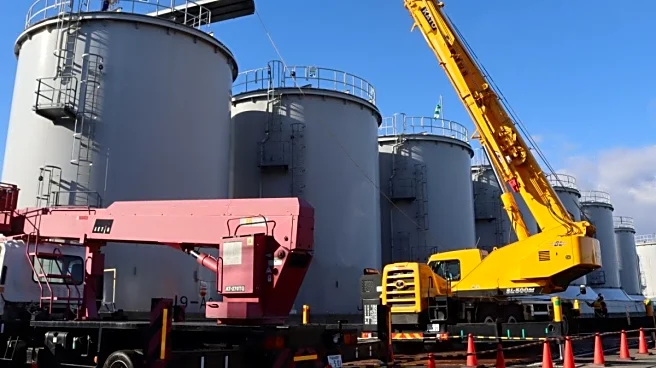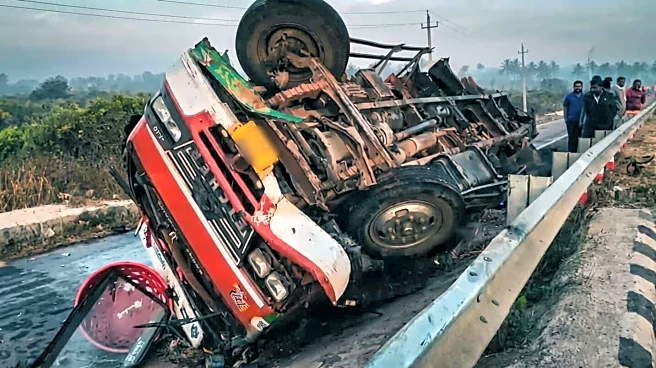Japan has moved a step closer to restarting the world’s largest nuclear power station after local authorities in Niigata approved the relaunch of the Kashiwazaki-Kariwa plant.
It will be the first time
since the 2011 Fukushima disaster that the facility’s operator, Tokyo Electric Power Company (Tepco), resumes activity at one of its nuclear sites. Final approval will still need to come from the national nuclear regulator.
On Friday, Niigata governor Hideyo Hanazumi announced that he was prepared to approve the restart, saying at a press briefing that he “would allow” the process to go ahead.
The vast plant, which covers around 400 hectares along the Sea of Japan coast, was shut down after the devastating earthquake and tsunami in 2011 triggered meltdowns at three reactors at Fukushima, prompting Japan to suspend nuclear operations across the country.
Japan, which lacks significant natural energy resources, is now revisiting nuclear power as it tries to cut its reliance on imported fossil fuels. The government aims to reach carbon neutrality by 2050 and meet rising electricity demands, particularly as artificial intelligence and data centres drive up consumption. Fourteen reactors around the country have already been brought back online under tighter safety rules introduced after Fukushima.
The Kashiwazaki-Kariwa plant has undergone major upgrades, including a 15-metre tsunami wall and new backup power systems built on higher ground. Tepco hopes these improvements will reassure regulators and residents that the facility can operate safely.
Before the 2011 disaster, nuclear power supplied roughly a third of Japan’s electricity. Since then, coal, gas and oil have made up nearly 70 percent of the energy mix, much of it imported at enormous cost.
The government now plans to raise nuclear power’s share to around 20 percent by 2040, while also expanding renewable energy. But the transition has been complicated: wind power remains costly, and major companies such as Mitsubishi have withdrawn from large-scale wind projects due to financial concerns.
(With inputs from AFP)


/images/ppid_a911dc6a-image-177106302538573741.webp)










